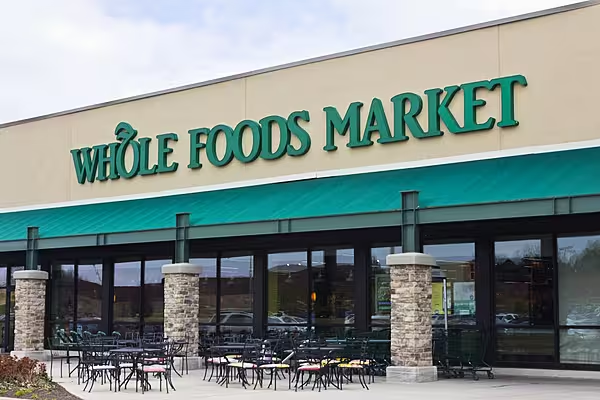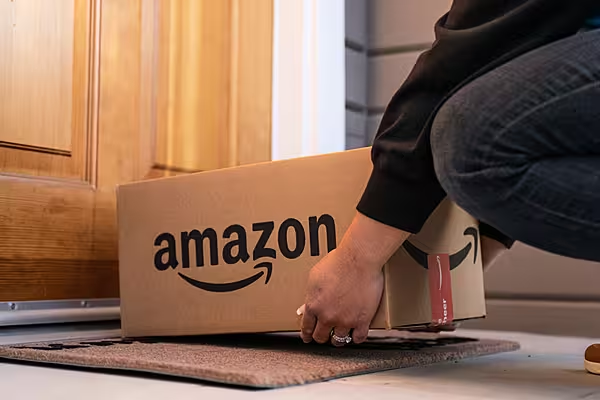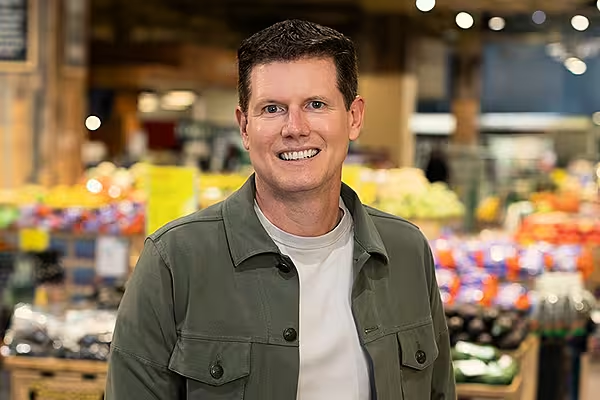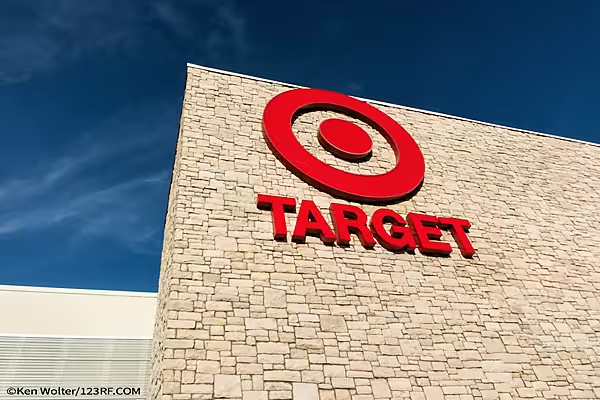Last week saw two days that could alter the shape of the US retail sector for many years to come.
Hot on the heels of Lidl opening its first stores in the US on Thursday, the following day, online retail giant Amazon stunned investors and analysts with its planned $13.7 billion purchase of Whole Foods – a deal that firmly plants Jeff Bezos’s firm into the bricks-and-mortar space.
Here’s how leading retail analysts saw Amazon’s move.
Neil Saunders, GlobalData Retail
“For Amazon, Whole Foods fulfils, at a stroke, its ambition to be a serious player in the grocery market. While Amazon could have built up its presence organically, it would have been both costly and time-consuming to bring the business to scale. In our view, an online-only operation would also have suffered from perilously low margins and would have damaged Amazon's profitability as it scaled up.
“Whole Foods changes that dynamic. While it won't alter Amazon's ambitions in digital or put a stop to innovative experiments like AmazonGo, it puts the food business on a different and steeper growth trajectory. In essence, it gives Amazon an established business that it can transform through its technology and supply-chain expertise. It also gives Amazon a well-known and well-regarded brand that can, ultimately, be sold across Amazon platforms.”
Fraser McKevitt, Kantar Worldpanel
“Amazon is committed to cracking the grocery market, and a business like Whole Foods brings with it many of the crucial ingredients the e-commerce giant has been missing in its other forays into food and drink. The power of a physical presence on the high street to grow a brand’s reputation and credibility is particularly important in grocery, where consumers want to be able to see the quality of the items they’re buying first hand.
“Bricks-and-mortar stores will also allow Amazon to expand its options for ordering, pickup and delivery. More broadly, as a well-established retailer focused on the lucrative health and wellness market within grocery, Whole Foods is perfectly positioned to give Amazon a crash course in how food retailing really works on the ground.”
Clive Black, Shore Capital
“Amazon, the online behemoth, has surprised the retail world with a near $14 billion acquisition of premium US chain Whole Foods Markets (with nine UK outlets). What does this mean for the future of UK food retailing? Well, it suggests that Amazon does not believe that the pure-play online world is the whole future with respect to food, given its low market share. Also, it may be seeing the last mile as a real prohibition to profitability in multi-temperature goods.
“In making these points, Whole Foods is pretty rarefied and quite metropolitan – that is, far from mass-market. What is clear, though, is that Amazon is very interested in the grocery market, more than we thought. Having said that, there is probably no doubt that a material new ingredient has been thrown into the global grocery sector M&A melting pot.”
Charlie O’Shea, Moody’s
“Implications ripple far beyond the food segment, where dominant players like Walmart, Kroger, Costco and Target now have to look over their shoulders at the Amazon train coming down the tracks, but also the potential for multichannel, which Amazon, up until now, has largely eschewed. From a credit perspective, Amazon has over $2 billion cash and investments, and leverage of under 2x at the most recent quarter end, so significant amounts of financial flexibility are clearly evident.”
Stewart Samuel, IGD
“For Whole Foods Market, this deal is probably one of the few that allows the business to continue operating along existing lines. The leadership of the business remains in place, and it is likely to continue focusing on executing its turnaround strategy. Acquisition by a conventional grocery competitor could have resulted in dilution of the Whole Foods Market brand.
“There is also a great opportunity for Whole Foods Market to optimise Amazon's technology, particularly the work it has started around developing a checkout-free store environment, and its focus on creating a frictionless customer experience. It will also push the development of the retailer's grocery e-commerce business and potentially lead to creative solutions around delivering its food-to-go offer within the online environment.”
Bruno Monteyne, Bernstein Research
“Why does Amazon buy Whole Foods? Two reasons: (1) store estate: to ship groceries efficiently to consumers, you need physical distribution (item-picking to put parcels together, click-and-collect points) close to the consumer. Stores are ideally located for that. They won't look like stores in five years' time, but they will be in those locations. (2) Private-label supply. Private label is growing in the US and other developed markets. Developing PL is time-consuming. This gets Amazon straight up the curve, with a credible, albeit upmarket, range.”
Barclays European Food Retail Equity Research
“Not that it was in any real doubt, but Amazon has major ambitions in grocery. Whole Foods Market (WFM) is primarily a US-focused company, so the market’s first concern will be for those grocers with a significant US exposure. Within our coverage, Ahold Delhaize (AD) is the most affected. However, any immediate, actual impact is likely to be pretty limited, as the overlap between WFM’s stores and AD’s stores is quite small. Over time, the impact might increase if Amazon accelerates the roll-out of WFM stores.
“WFM is primarily US-focused, but Amazon likely thinks on a wider stage. If Amazon is spending US$13.7bn to buy WFM in order to help build its US grocery business, it may be happy to buy other chains in order to build out its presence globally. It remains to be seen what companies might prove interesting for Amazon, but we note that WFM has a clear presence in one market and has a high-end positioning.”
Alastair Lockhart, Savvy
“One of the major challenges Amazon faced when it decided to pursue the lucrative grocery market was its lack of credibility in food. From launch, Amazon Fresh started to address this challenge by borrowing equity from local markets and food businesses through partnerships. This move to acquire Whole Foods takes that strategy to the next level – buying credibility from a retailer with an exceptional reputation in food.
“Another interesting consideration is the upmarket positioning of Whole Foods. Amazon would be wise to pursue a distinct and differentiated food strategy that can deliver a rich gross margin – strong enough to cover the costs of delivery in a highly competitive market.”
Rob Wade, Europanel
“For a company that prides itself on being ahead of the curve, Amazon’s expansion into premium food retailing highlights its view that there are still growth opportunities in this area. The deal also raises an interesting question about Amazon’s plans for innovation and expansion. We know that the e-commerce giant is not afraid to invest upfront, and its strengths in online retailing suggest technology could be at the heart of its future plans.
“Still in its infancy, e-commerce represents a significant opportunity: online shopping baskets tend to be three to five times bigger than offline, but the issue is getting consumers to buy into the idea. With the exception of South Korea, the UK, France and China, no other market has bridged the 1% market-share threshold for online grocery shopping. It looks like Amazon sees a presence on the high street via Whole Foods as the way to change that.”
Mickey Chadha, Moody’s
“As other bricks-and-mortar retailers have come to realise the hard way, that competing with Amazon is a formidable challenge, supermarkets will now have to contend with not only competition with each other and non-traditional grocers like Walmart and Target, but with a retailer like Amazon, which has the financial capacity to price aggressively, and the smaller regional supermarket chains and independents will bear the most pain. We expect this transaction to further accelerate the consolidation within the supermarket space.”
© 2017 European Supermarket Magazine – your source for the latest retail news. Article by Stephen Wynne-Jones. Click subscribe to sign up to ESM: The European Supermarket Magazine.














